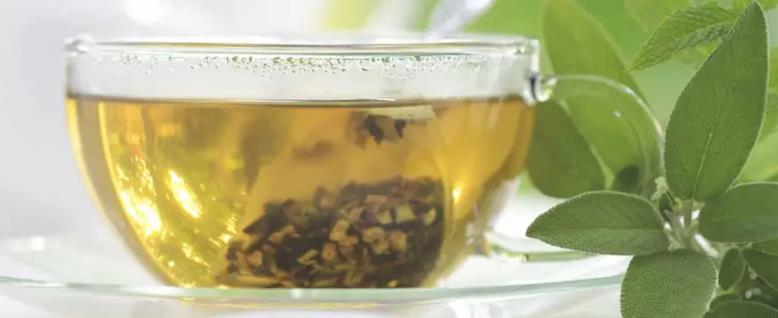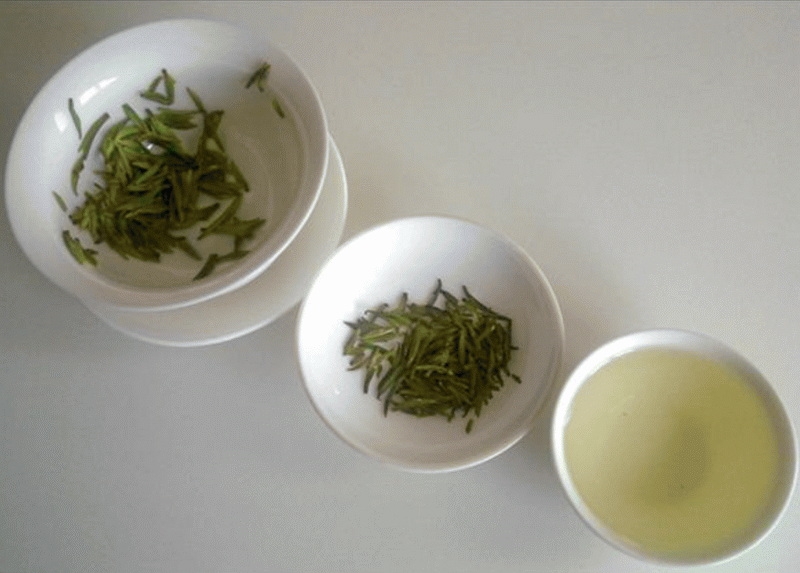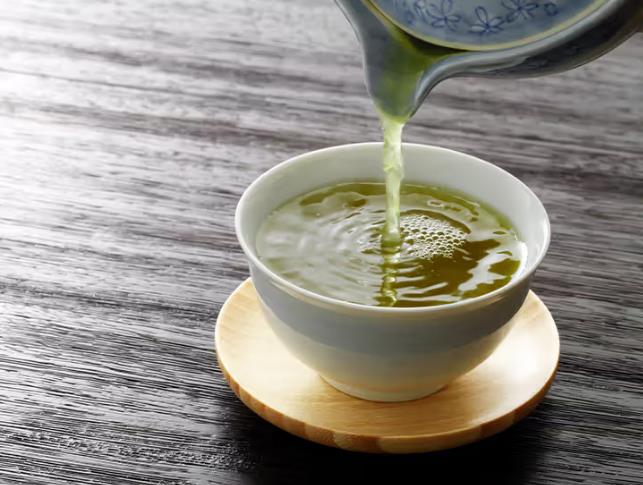Content Menu
● Understanding Green Tea
>> Health Benefits of Green Tea
● What is Green Tea Extract?
>> Composition of Green Tea Extract
● Key Differences Between Green Tea and Green Tea Extract
● Benefits of Green Tea Extract
>> Potential Drawbacks
● How to Use Green Tea and Its Extract
>> Brewing Green Tea
>> Taking Green Tea Extract
● Additional Considerations for Consumption
>> Combining Both Options
● Conclusion
● Related Questions
>> 1. What are catechins?
>> 2. Can I take green tea extract every day?
>> 3. Does drinking green tea have any side effects?
>> 4. Is there caffeine in both green tea and its extract?
>> 5. Can I lose weight by drinking only green tea?
Green tea has gained immense popularity over the years, celebrated for its numerous health benefits and rich flavor. However, as more people turn to supplements for convenience, a common question arises: Are green tea and green tea extract the same? This article will explore the differences, benefits, and potential drawbacks of both green tea and its extract, providing a comprehensive understanding of each.

Understanding Green Tea
Green tea is derived from the leaves of the "Camellia sinensis" plant. Unlike black or oolong teas, green tea is unoxidized, which helps preserve its natural antioxidants and polyphenols. The leaves undergo minimal processing, typically involving withering and steaming, which retains their vibrant green color and health-promoting compounds.
Health Benefits of Green Tea
Green tea is renowned for its health benefits, which include:
- Rich in Antioxidants: Green tea is packed with catechins, particularly epigallocatechin gallate (EGCG), which are powerful antioxidants that help combat oxidative stress in the body.
- Weight Loss Support: Studies suggest that green tea can aid in weight loss by boosting metabolism and fat oxidation. A study published in the "American Journal of Clinical Nutrition" found that individuals who consumed green tea experienced increased fat oxidation during exercise.
- Heart Health: Regular consumption of green tea has been associated with a reduced risk of heart disease due to its ability to lower cholesterol levels and improve blood circulation. Research indicates that drinking green tea can lower LDL cholesterol levels and improve overall cardiovascular health.
- Improved Brain Function: The caffeine and L-theanine found in green tea can enhance brain function, improving mood, vigilance, and reaction time. A study in "Psychopharmacology" showed that participants who consumed green tea performed better on cognitive tasks compared to those who did not.
- Cancer Prevention: Some studies indicate that the antioxidants in green tea may help lower the risk of certain types of cancer by inhibiting tumor growth. Research published in "Cancer Epidemiology, Biomarkers & Prevention" suggested that regular green tea drinkers had a lower risk of developing breast cancer.
What is Green Tea Extract?
Green tea extract is a concentrated form of green tea made from the leaves of the *Camellia sinensis* plant. It is typically available in capsule or powder form and contains higher concentrations of active compounds than brewed green tea.
Composition of Green Tea Extract
The extract retains many beneficial compounds found in regular green tea but in much higher concentrations. These include:
- Catechins: The primary antioxidants responsible for many health benefits.
- Caffeine: While present in lower amounts than coffee, it still contributes to increased alertness.
- Vitamins and Minerals: Green tea extract also contains small amounts of vitamins such as vitamin C and various minerals.

Key Differences Between Green Tea and Green Tea Extract
While both forms offer health benefits, they differ significantly in several aspects:
| Feature | Green Tea | Green Tea Extract |
| Form | Brewed beverage | Capsules or powder |
| Concentration | Lower concentration of active compounds | Higher concentration of catechins and caffeine |
| Preparation | Requires steeping leaves | Ready-to-consume as a supplement |
| Taste | Distinct flavor profile | Often tasteless or flavored |
| Health Benefits | Comprehensive benefits through regular intake | Targeted benefits through concentrated doses |
Benefits of Green Tea Extract
Green tea extract boasts several advantages that make it appealing to health-conscious individuals:
- Convenience: Taking a capsule or powder is often more convenient than brewing multiple cups of tea daily.
- Potent Antioxidants: The concentrated nature means you can consume higher doses of antioxidants without drinking large volumes of liquid.
- Weight Loss Aid: Many weight loss supplements include green tea extract due to its metabolism-boosting properties. A study published in *Obesity* found that participants taking green tea extract lost more weight than those who did not.
- Skin Health: Topical applications of green tea extract have been shown to improve skin conditions like acne and reduce signs of aging. The anti-inflammatory properties can help soothe irritated skin and reduce redness.
Potential Drawbacks
Despite its benefits, there are some considerations to keep in mind:
- Side Effects: High doses can lead to side effects such as nausea, headaches, or digestive issues due to excessive caffeine intake. Some individuals may also experience insomnia if taken too close to bedtime.
- Lack of Whole Leaf Benefits: Some argue that consuming whole leaves provides additional nutrients not present in extracts. Whole leaves contain fiber and other phytonutrients that may be beneficial for gut health.
- Interactions with Medications: Green tea extract may interact with certain medications, such as blood thinners or medications for high blood pressure. Consulting a healthcare provider before use is advisable.
How to Use Green Tea and Its Extract
Brewing Green Tea
To prepare a perfect cup of green tea:
1. Heat water to about 160–175°F (70–80°C).
2. Add 1 teaspoon (2 grams) of loose leaf or one teabag per cup.
3. Steep for 2–3 minutes.
4. Enjoy plain or with a splash of lemon or honey for flavor.
Taking Green Tea Extract
When using green tea extract:
1. Follow dosage instructions on the product label.
2. Take it with water or food to minimize stomach upset.
3. Monitor your body's response and consult a healthcare professional if you experience adverse effects.
Additional Considerations for Consumption
When deciding between green tea and its extract, consider your lifestyle and health goals:
- If you enjoy drinking beverages throughout the day and appreciate the ritual of brewing tea, then regular green tea may be ideal for you.
- If you're looking for a quick boost in antioxidants or support for weight loss without the need for brewing multiple cups, then green tea extract might be more suitable.
Combining Both Options
For optimal health benefits, some individuals choose to incorporate both forms into their routine. Drinking brewed green tea provides hydration along with its myriad benefits while taking an extract can offer concentrated doses when needed—especially during busy days when time is limited.
Conclusion
In summary, while both green tea and green tea extract offer significant health benefits, they are not the same. Green tea provides a holistic approach with its natural compounds through regular consumption, while green tea extract offers convenience and concentrated doses for targeted health effects. Individuals should consider their lifestyle preferences, health goals, and any potential side effects when choosing between the two options. Ultimately, incorporating either into your routine can be beneficial; however, moderation is key to maximizing their positive effects on health.

Related Questions
1. What are catechins?
Catechins are natural antioxidants found in high amounts in green tea that help protect cells from damage caused by free radicals.
2. Can I take green tea extract every day?
Yes, most people can safely take green tea extract daily; however, it's essential to follow dosage recommendations on the product label and consult a healthcare provider if you have underlying conditions or are taking medications.
3. Does drinking green tea have any side effects?
Drinking moderate amounts of green tea is generally safe; however, excessive consumption may lead to side effects such as insomnia due to caffeine content or digestive issues if consumed on an empty stomach.
4. Is there caffeine in both green tea and its extract?
Yes, both contain caffeine; however, green tea typically has less caffeine per serving compared to coffee or energy drinks.
5. Can I lose weight by drinking only green tea?
While drinking green tea can support weight loss efforts due to its metabolism-boosting properties, it should be combined with a balanced diet and regular exercise for optimal results.






























